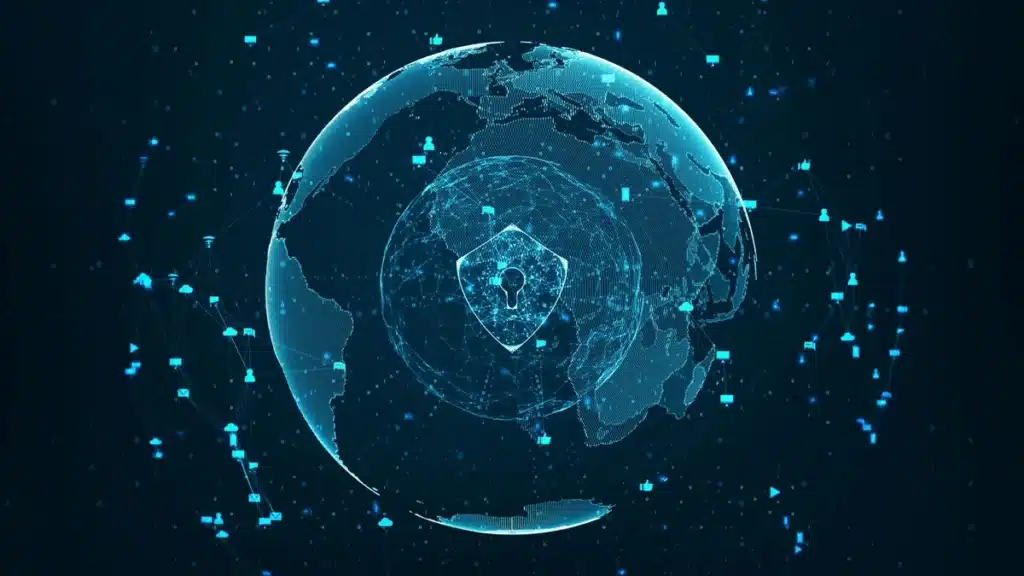Five key trends for MSPs in 2023

Whether it’s outsourcing, cloud services, IoT, or hyper-converged infrastructures, 2023 promises to continue to see several trends that are disrupting the managed services sector. This is according to managed services provider Espria. Dave Adamson, CTO at Espria, stated, “Clients continue to look to their IT managed services providers (MSPs) to help them make the most productive use of technology. This in turn, is designed to take advantage of innovations that fit their business. MSPs are hired for their expertise with technology and to help their clients stay in business and ahead of their competitors – through agility and improvisation. At its core, this means MSPs must continue to make changes in their processes, technological infrastructure, and their management practices in turn.” Espria sees five core trends facing MSPs in 2023: Continued outsourcing Most established businesses have concluded that internal IT teams’ cost. The growing number of disruptions in the IT industry are expensive to keep on top of and yet, on the other hand, most small businesses can’t afford to match the in-house support that larger companies have. The result – outsourcing. The cloud Companies have been moving to the cloud for years, often limiting their use of cloud technology to certain workloads. Cloud adoption took a big step forward when the pandemic prompted many organisations to empower their employees to work from anywhere, and it continues to grow. For many, cloud-based, widely used business applications proved that cloud technology can be extremely reliable, scalable, and secure. The opportunity therefore for MSPs in the cloud space remains strong. “Companies need a cloud strategy that enables them to prioritise their concerns and plan the results they want to realise from their cloud migration. MSPs can make a huge contribution by helping them define and enact cloud strategies with realistic, measurable goals and in a low-risk manner,” continued Adamson. Enhanced security The overwhelming majority of organisations are now using sensitive data in the cloud. As a result, it’s crucial for businesses to secure their IT infrastructure. To do that, the foremost requirement is to identify all the at-risk touchpoints and provide solutions to secure them. But limited IT budgets, a lack of expertise, and a shortage of resources make it impossible for organisations to do all this. Adamson continued, “For those MSPs with expertise in data security this provides a demonstrable opportunity to help secure their clients’ IT infrastructure as well as provide 24×7 monitoring. Combined with an increased risk of cyberattacks, more and more enterprises will turn to MSPs to leverage their skills.” Platform and Infrastructure-as-a-Service (PaaS/IaaS) This is arguably one of the biggest opportunities for service providers in 2023 offering the chance to host the services and infrastructure that are usually present in an on-premises data centre. “This includes elements like hardware, software, storage, servers and networking components, along with the virtualisation layer and ready-made services such as database platforms, to help businesses scale quickly. It is a hugely attractive model as PaaS and IaaS also enable organisations to cut costs, reduce the time spent managing in-house infrastructure and services, and improve service levels for their end users.” This model eliminates wait times for hardware, other components, or on-site support and the subscription-based billing model of IaaS offers many advantages to clients in terms of scalability, cost, and security, often making Enterprise-grade services available to organisations for whom they may previously have been out of reach.” Automation The IT industry is being transformed by automation, as it helps organisations reduce repetitive tasks, like data migration from one system to another. It not only reduces human error and resolution times but saves resources for more critical tasks. MSPs with expertise in automation can offer huge benefits to business functions across enterprises (like HR, finance, travel and marketing) and maximise businesses’ profitability. Adamson concluded, “Finding a trusted external technology partner which can fill companies’ skills and expertise gaps is essential at a time of economic downturn. For businesses looking for that MSP partner cost alone should not dictate your decision. They need to act as your business partner, help assess your risk exposure, develop security policies, choose and deploy security solutions, ensure compliance with regulatory mandates for data protection, and develop skills with your teams. “As we enter a period of economic uncertainty, businesses need to control and contain cost. MSPs in turn need to be adaptive and evolve as the technology has, offer clients in turn the most comprehensive offering possible, and bring real value-add.”
You may be interested in
Your guide to leveraging NCE pricing to get the best value
Renewing your Microsoft Licensing Agreement is an opportunity to align your IT strategy with your business goals. It allows you to take advantage of the latest technologies, optimise costs, and ensure compliance with industry standards. While this might seem straightforward at first glance, to achieve the best value and biggest discounts, it’s often more complex than it appears and navigating the renewalprocess requires careful planning. In this Blog we will walk through what you need to know about the new Microsoft Licensing rules,when to get the best value from your renewal, and how to review…
Loving your customers with AI, cybersecurity and peace of mind with MSP support
2024 has marked a massive shift for SME IT needs, as creating an appropriate and optimised business strategy has become an increasingly difficult challenge for business owners and IT operators nationwide.
Protect your student data from continued ransomware attacks, says Espria
With ransomware rates still high for education organisations, better security oversight and orchestration is needed across UK schools.
Fortify and Reassure with Compliance and Cybersecurity Synergy
With new cyber threats emerging, businesses will need to develop a seamless and blended approach to cyber and compliance for strategic success.
UK businesses cannot continue risking reputation with shoddy security, says Espria
Sophos’ 2024 Threat Report recently highlighted ransomware as the biggest existential cyber threat to small businesses. While cyberattacks on large companies and government agencies may receive more news coverage, Sophos reported that SMB’s are generally more vulnerable to cybercriminals and suffer more proportionally from the results of a breach.
Peace of mind: Cloud is key in scaling systems to your business needs
Meeting the demands of the modern-day SMB is one of the challenges facing many business leaders and IT operators today. Traditional, office-based infrastructure was fine up until the point where greater capacity was needed than those servers could deliver, vendor support became an issue, or the needs of a hybrid workforce weren’t being met. In the highly competitive SMB space, maintaining and investing in a robust and efficient IT infrastructure can be one of the ways to stay ahead of competitors.





